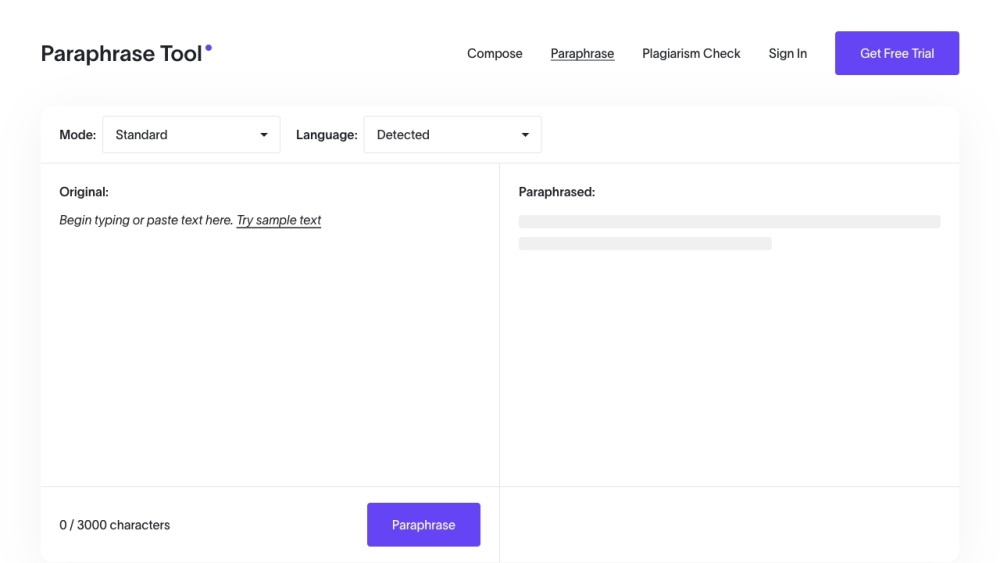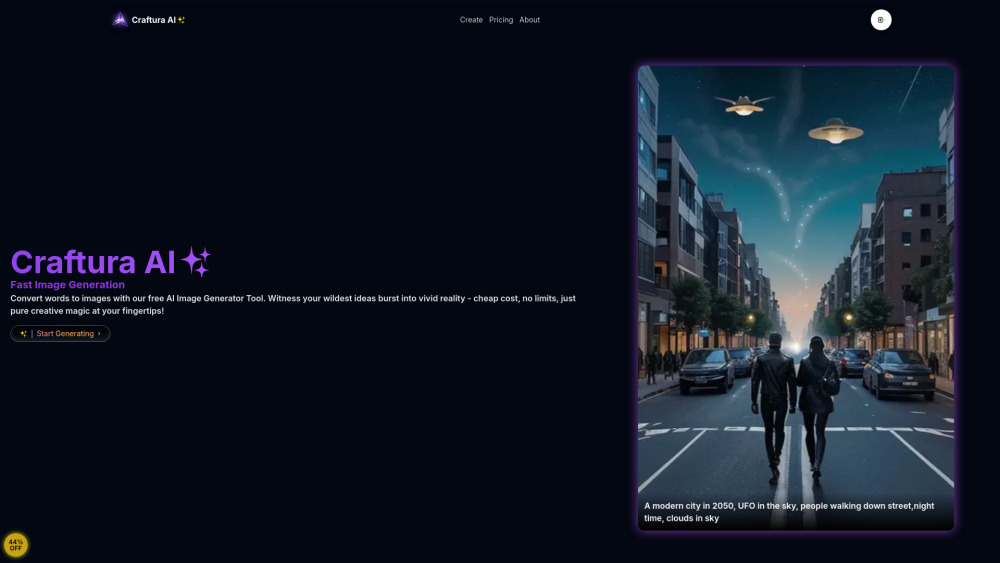Curio Secures Funding for Rio: The AI-Powered News Anchor App
Most people like

Introducing Paraphrase Tool: your go-to resource for free online paraphrasing, grammar checking, and plagiarism removal. Available in over 100 languages, we help you enhance your writing clarity and originality effortlessly.

In today's digital age, the demand for high-quality visuals has skyrocketed, making AI tools essential for both amateurs and professionals alike. These innovative technologies can dramatically improve the quality of photos and videos, elevating your content to new heights. From automated enhancements to sophisticated editing features, AI-powered solutions are revolutionizing the way we create and share visual media. Discover how leveraging these cutting-edge tools can enhance your images and footage, ensuring they stand out in a crowded digital landscape.

Discover the power of AI image creation through our advanced platform utilizing Stable Diffusion technology. Unleash your creativity as you generate stunning visuals effortlessly, transforming your ideas into reality with cutting-edge tools designed for artists and innovators alike. Join the revolution in digital art and experience the future of image creation today!

Unlock the potential of your brand with our AI logo maker, designed to help you create striking and professional logos that stand out. With advanced technology and user-friendly tools, you can easily design a unique logo that perfectly captures the essence of your business. Whether you're launching a startup or refreshing your existing brand, our AI-driven platform ensures a seamless logo creation experience tailored just for you.
Find AI tools in YBX

